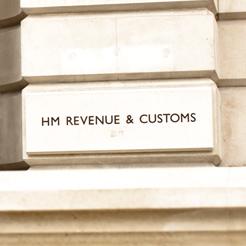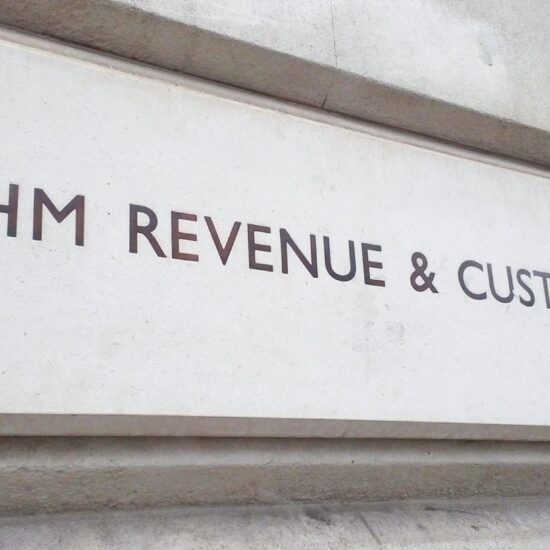HMRC targets undeclared dividend payments
Will Drysdale, Reporter, Accountancy Daily
Company directors suspected of earning dividends without declaring their taxable income are being contacted by HMRC
In the latest letter campaign, HMRC has been writing to company owners informing them that they may need to declare dividend income.
HMRC has been investigating company reserves identifying companies that have made a profit but have depleted reserves, alluding to a dividend payment.
The owners are being given the option to disclose information on any dividends that have not been declared or inform HMRC if they believe there is nothing more to declare.
The cut in the dividends allowance to £500 from April 2024 will affect 3,250,000 people in 2023, increasing to 4,405,000 for the 2024-25 tax year. This is expected to raise £450m in 2024-25 rising to £810m in 2025-26.
Taxpayers will be given 30 days to notify HMRC if there is nothing to declare.
Penalties charged can be as much as the same amount of tax due if wrong amounts have been submitted, plus interest charged per day for any late payments.
There is an online disclosure facility available for companies to register anything owed, but registration needs to be completed first. Interest and penalties can also be paid through this service once a payment reference number (PRN) has been received in the post.
There is a 90-day deadline after receipt of the PRN; if this is not met HMRC can open a compliance check and charge higher penalties if undeclared dividend payments are found.
Currently, £1,000 can be earned in dividends tax-free, but from April 2024 this is being cut in half to £500. In April 2023, the dividend allowance was halved from £2,000.
The Treasury said that this policy ‘supports the government’s objective of putting the public finances on a sustainable path’.
Dividend income from assets held in ISAs will remain completely tax-free.
HMRC estimates that the changes to the dividend rules will cost £700,000 to implement.
HMRC dividend disclosure letter







